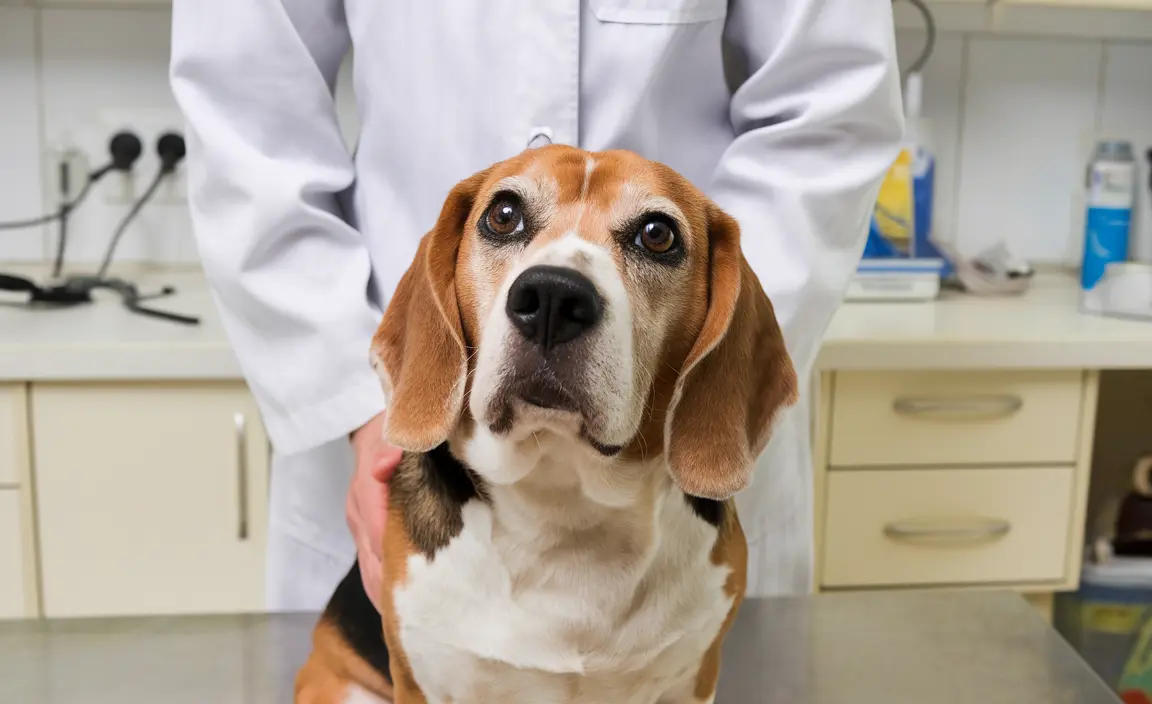When it comes to canine health, pet owners often wonder about unique genetic conditions that might affect their furry companions. While dogs do not experience Down syndrome exactly as humans do, they can develop various genetic and congenital conditions that present similar challenges. Understanding these conditions is crucial for providing the best possible care and support for dogs with developmental differences.
This comprehensive guide will explore the complex world of genetic disorders in dogs, helping you recognize symptoms, understand potential challenges, and learn how to support a dog with special developmental needs.
Understanding Canine Genetic Variations
Unlike humans, dogs have a different chromosomal structure, with 39 pairs of chromosomes compared to human's 23. This fundamental difference means that Down syndrome, as specifically defined in humans, does not occur in dogs. However, dogs can experience a range of genetic and developmental conditions that may produce symptoms reminiscent of chromosomal disorders.
Recognizing Symptoms of Developmental Conditions in Dogs
Physical Indicators
Dogs with genetic variations might display several distinctive physical characteristics, including:
- Abnormal facial features
- Broad or unusually shaped heads
- Stunted growth or disproportionate limb development
- Poor muscle tone and coordination
- Distinct skin and coat irregularities
Cognitive and Behavioral Signs
Beyond physical symptoms, dogs may also exhibit cognitive and behavioral differences such as:
- Developmental delays
- Learning difficulties
- Reduced cognitive processing
- Challenges with social interaction
- Unusual motor skill development
Common Genetic Conditions Mimicking Down Syndrome Symptoms
Congenital Hypothyroidism
This condition can cause significant developmental challenges, characterized by:
- Abnormally large heads
- Thick necks
- Bowed leg structures
- Delayed growth patterns
Cerebellar Hypoplasia
A neurological condition affecting motor skills, presenting symptoms like:
- Persistent tremors
- Coordination difficulties
- Challenges with walking and balance
- Potential cognitive processing delays
Pituitary Dwarfism
This genetic condition results in:
- Significantly stunted growth
- Potential hormonal imbalances
- Extended puppy-like characteristics
- Possible reduced life expectancy
Diagnosis and Management Strategies
While no definitive "Down syndrome" test exists for dogs, veterinarians can comprehensively assess genetic and developmental conditions through:
- Detailed physical examinations
- Genetic testing
- Comprehensive medical history review
- Specialized diagnostic imaging
- Hormone and metabolic screenings
Treatment and Care Approach
Management focuses on supporting the individual dog's unique needs, which might include:
- Specialized veterinary care
- Tailored nutrition plans
- Physical therapy
- Behavioral training
- Regular health monitoring
Frequently Asked Questions
Can dogs develop a condition similar to Down syndrome, and what are its symptoms?
While dogs do not have Down syndrome, they can experience genetic conditions with similar physical and cognitive symptoms, including developmental delays, distinctive facial features, and coordination challenges.
How do you diagnose and treat genetic conditions that mimic Down syndrome in dogs?
Diagnosis involves comprehensive veterinary assessments, including physical examinations, genetic testing, and specialized screenings. Treatment focuses on managing individual symptoms and supporting the dog's overall health and quality of life.
What are common genetic and congenital conditions in dogs that cause symptoms similar to Down syndrome?
Common conditions include congenital hypothyroidism, cerebellar hypoplasia, pituitary dwarfism, and various chromosomal abnormalities that affect physical and cognitive development.
How do I care for a dog with Down syndrome-like symptoms to improve their quality of life?
Provide consistent veterinary care, create a supportive environment, implement specialized training, maintain a nutritious diet, and offer patient, loving care tailored to their specific needs.
Are there any special precautions or dietary adjustments needed for dogs with genetic conditions resembling Down syndrome?
Consult with a veterinarian to develop a personalized care plan, which may include specialized nutrition, modified exercise routines, and potential medication to manage specific symptoms.






